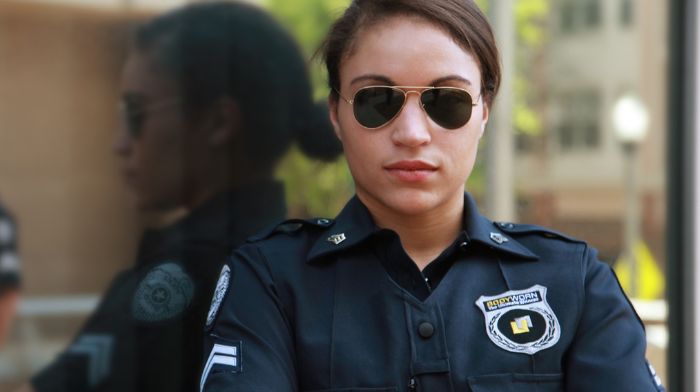
By Ross Pomeroy for RealClearScience
Americans generally have no idea what is going on in America. This is particularly true when it comes to crime. Since 1990, rates of violent crime and property crime have steadily declined – the downtrends stalled only by a few brief periods of small increases, including the one we’re experiencing today in the wake of the COVID-19 pandemic.
Yet despite the fact that the United States is now unquestionably safer from crime than it was thirty years ago, when surveyed, Americans overwhelmingly believe the opposite. Every year since 1989, as part of its polling on crime, Gallup has asked respondents a simple question: “Is there more crime in the U.S. than there was a year ago, or less?”
In each year except for 2001, the Americans polled said there was “more” crime by an average margin of close to 50 points!
A significant reason for this massive misperception is the media. Crime is regularly depicted on network television shows, print and visual news, and in reality TV. So though most of us will only rarely experience crime in our lives – if we ever do at all – we see and hear about it all the time. This places crime squarely at the front of our minds.
And perhaps no show has been more responsible for that placement than COPS. Since premiering on Fox in March 1989, there have been 33 seasons of the syndicated reality show. Across its 1,109 episodes, camera crews tail along with police officers as they perform their duties: busting prostitutes, responding to domestic disputes, chasing burglary suspects, and apprehending illegal drug users.
Reruns of COPS have been on TV almost constantly over the past couple decades – you’d be hard-pressed to find an American who hasn’t seen at least a few episodes of the show. This presents a double-problem, because as COPS has made crime viscerally memorable, it also has misrepresented crime and policing in general. According to documentarians who studied the show and its social effects:
“There are about four times more violent crimes in COPS than in reality. And three times more drug arrests. And about 10 times more arrests for sex work. The cops on the show are also, statistically speaking, extremely good at their jobs. Segments on the show end in arrest 84.4% of the time.”
“In reality, about 11% of all serious crimes result in an arrest, and about 2% end in a conviction,” Shima Baughman, a Professor of Criminal Law at the University of Utah, wrote.
Two different analyses have also revealed that COPS depicts African-American and Hispanic men as far more responsible for violent crime than they are in actuality, skewing the public’s impression of racial minorities.
A survey conducted in 1996 found that regular viewers of COPS and other crime-focused reality shows were “significantly more fearful than infrequent viewers of being sexually assaulted, beaten up, knifed, shot, or killed.” Other studies have repeatedly shown that viewers who watch large amounts of crime on television tend to be more afraid of crime and more inclined toward law and order.
Crime is frightening, so it makes sense to at least be somewhat wary of it. But by and large, thanks to media representations and shows like COPS, Americans grossly exaggerate the prevalence of crime, resulting in unnecessary fear, irrational choices, and poor policy decisions.
Syndicated with permission from Real Clear Wire.
